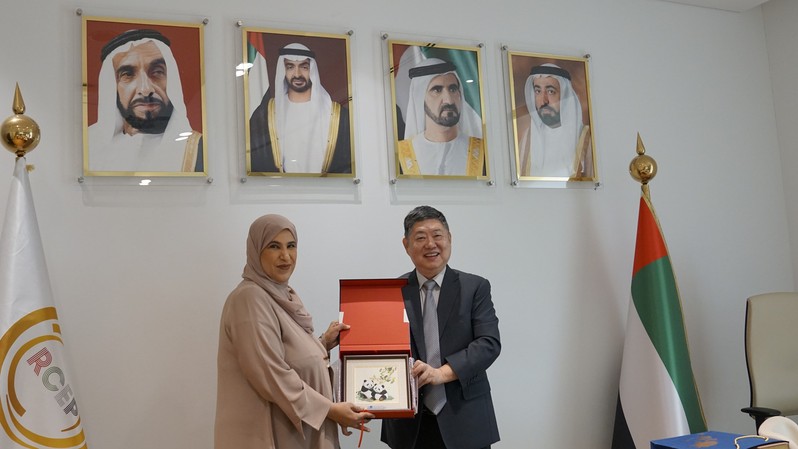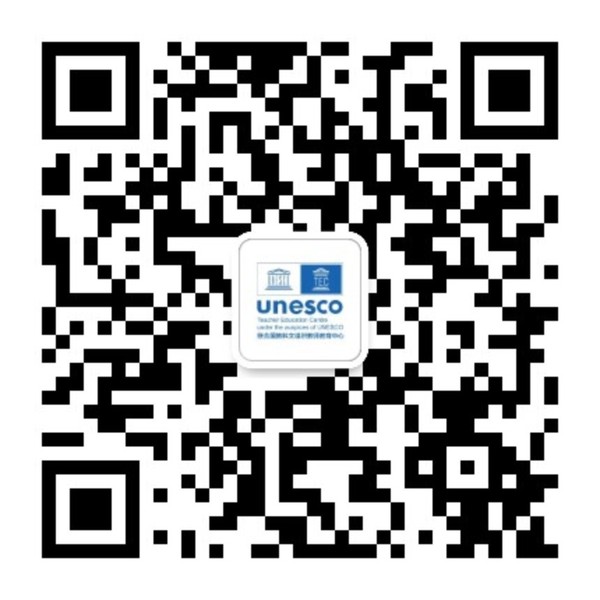On July 18, a delegation consisting of Professor Zhang Minxuan, Director of UNESCO TEC; Professor Hu Guoyong, Deputy Director of UNESCO TEC; and Associate Professor Lü Jiexin visited the United Arab Emirates (UAE) and called on the Regional Center for Educational Planning (RCEP), a Category II UNESCO institute located in the Sharjah University City.

Established in 2003 under an agreement between the UAE and UNESCO, RCEP operates as a Category II regional center of UNESCO. The UAE began preparations for its establishment as early as 2000, and shortly before the 32nd session of the UNESCO General Conference in October 15, 2001, launched relevant plans. The Director-General of UNESCO announced at the opening of the 162nd session of the UNESCO Executive Board support for the establishment of an education planning center (Category II) sponsored by UNESCO in Sharjah, UAE. Serving primarily Arab countries and members of the Gulf Cooperation Council (GCC), RCEP’s mission is to conduct educational planning in the Arab Gulf region and Arab countries, shaping the future of education through innovation and forward-looking approaches by supporting educational planning systems, building capacities, generating and disseminating knowledge, and forging effective partnerships.

Director Zhang Minxuan first reviewed the exchanges between UNESCO TEC and RCEP’s former directors, Hussain Hammadi and Sarah Amiri, and expressed gratitude for RCEP’s invitation. He then introduced the background, mission, and vision of UNESCO TEC, reviewed the center’s research work in educational planning, and highlighted the context of the Outline of the Plan for Building an Educational Powerhouse (2024—2035), as well as the methodological innovations Shanghai has adopted in formulating educational development plans.
Mahra Hilal, current Director of RCEP, welcomed the visit of UNESCO TEC and provided an overview of RCEP’s work. Since its establishment, the center has covered the public education sector. Over the past four years, at the request of UNESCO and under the guidance of its Governing Board, RCEP has addressed planning-related issues in higher education, such as enhancing the capacity of higher education planners, organizing research and conferences on the future of higher education, and conducting studies related to the labor market. Director Mahra Hilal then outlined RCEP’s work plan for the current 2023-2027 strategic planning period. RCEP identifies key themes for its activities and projects by reviewing national strategies of Gulf countries and major strategies relevant to its mandate (such as those of UNESCO and the Transforming Education Summit). Additionally, the center will closely monitor ongoing regional and global developments to update priority themes in its strategy. Director Zhang Minxuan put forward ideas for further cooperation between the two sides in light of RCEP’s current priorities.
Through this candid dialogue and detailed communication, UNESCO TEC and RCEP gained a more precise understanding of each other’s strengths and potential needs, thereby achieving a deeper recognition of the alignment points for their exchange and cooperation. Building on this, both sides also looked to long-term development, engaging in constructive prospects on possible future cooperation directions, specific areas, and implementation pathways, laying a solid foundation for establishing a stable and efficient cooperation framework moving forward.




